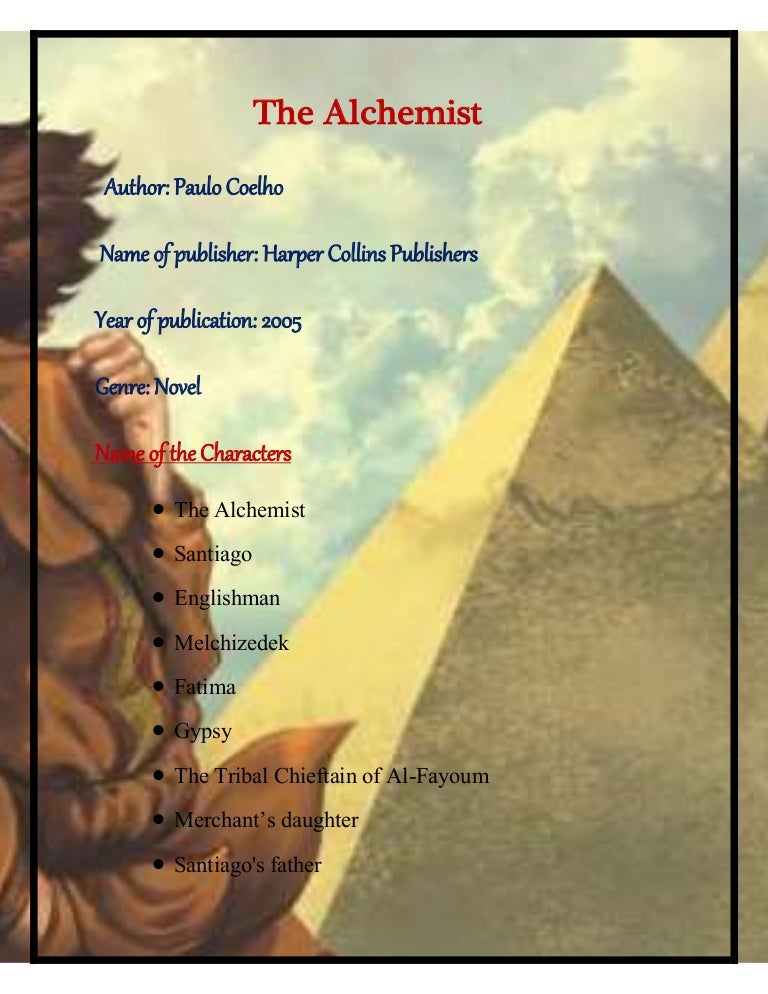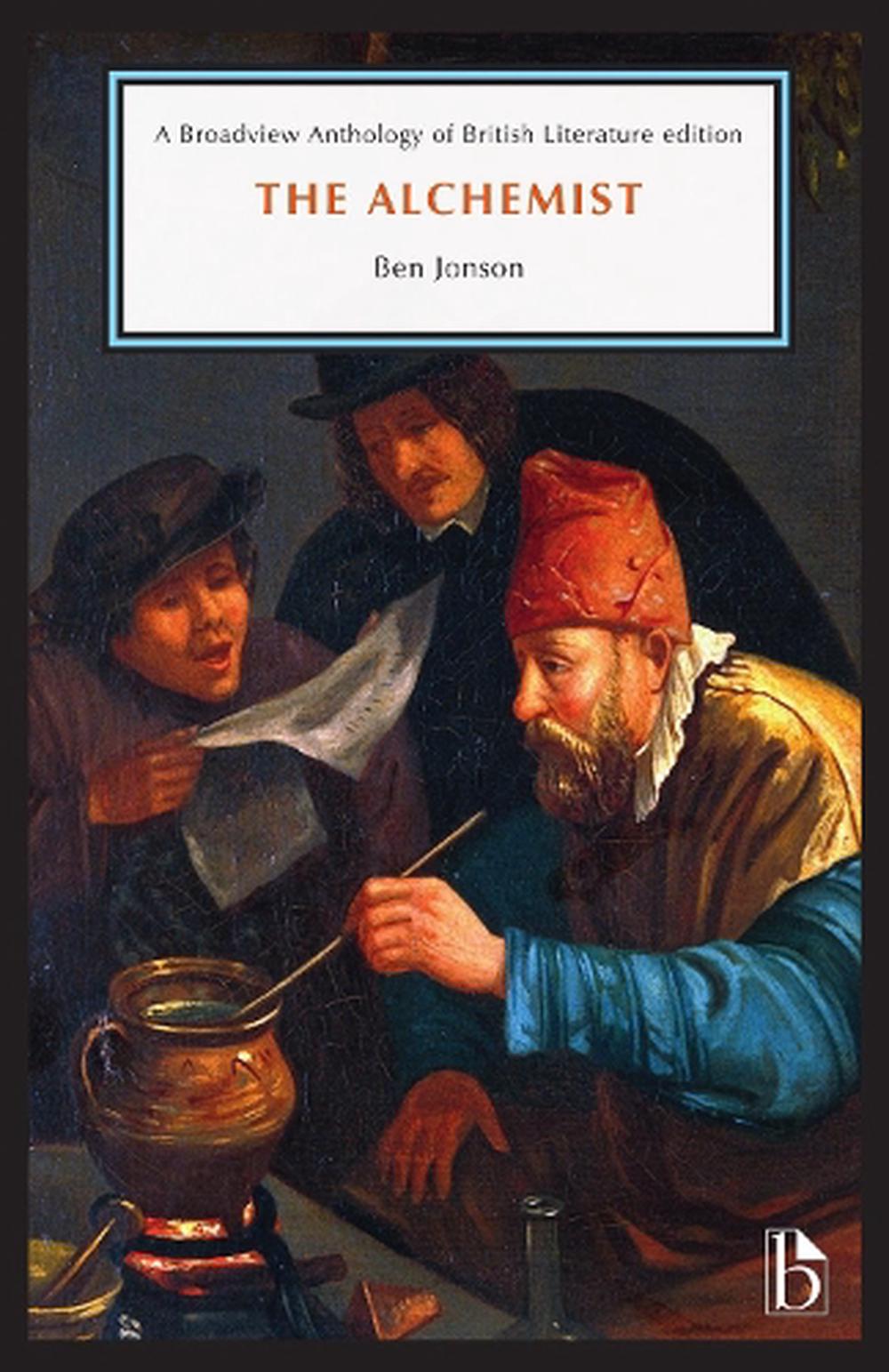

Great art is produced by those from all corners of the world and therefore veneration and acclaim by the literary establishment should be more evenly distributed. Well, perhaps it’s due to the cultural shift towards postcolonial literature at the turn of the last century. What on earth possessed people to buy this book in droves? I am baffled that such bewildering tripe is considered good literature, particularly when it seems to lack even the faintest glimmer of nuance. The biggest issue I have with Coelho’s novel, however, is that it truly does not deserve its lofty reputation. One can almost imagine them chanting om over lattes and listening to ‘world music’ while reading this claptrap. Naturally, The Alchemist is manna for the hippy dippy bleeding hearts.

I almost wish the boy had stayed home and stuck to his stupid job shepherding sheep. It wouldn’t be so bad if these messages weren’t so evidently obvious anyway. What follows, in less than 200 pages, is a laughably bad story which seems to extol the reader to ‘follow your dreams’ and ‘believe in yourself.’ That’s basically it.

This supposedly ‘philosophical’ tale of an Andalusian shepherd boy who has a dream which he believes is prophetic sees him journey to the pyramids of Egypt to fulfil his personal legend, whatever the hell that is. Despite its acclaim, it’s also the most boring book I have ever had the misfortune to read. Having sold over 150 million copies worldwide since its release in 1988, it’s been an immovable object on the New York Times bestseller list and has won numerous awards and international prizes in its time. Unless you’ve been living under a rock, you’ve probably heard of The Alchemist by Paulo Coelho.


 0 kommentar(er)
0 kommentar(er)
